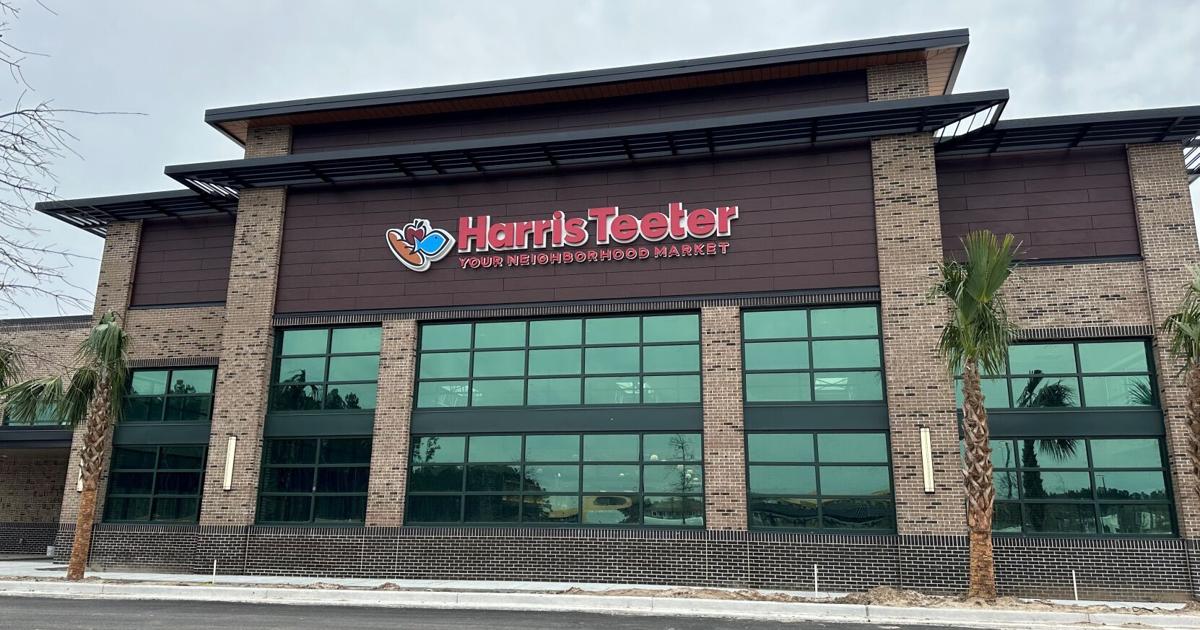There’s another proposal on the table to build a pipeline from Lake Powell, but the water wouldn’t go to St. George.
Arizona lawmakers this month introduced legislation that would fund a pipeline to bring water from Lake Powell to three tribes with Colorado River rights. The $5 billion deal — negotiated by the tribes, the federal government and the state of Arizona in May — includes $1.75 billion for the pipeline, and now needs approval from Congress.
The Northeastern Arizona Indian Water Rights Settlement Act of 2024 is crucial to the many tribal communities in northeastern Arizona that lack access to drinking water, said Rep. Juan Ciscomani, an Arizona Republican who sponsored the bill in the U.S. House of Representatives.
“Those of us in the West understand that water claims are inadequate without the infrastructure needed to move the water,” Ciscomani told the House Natural Resources Committee on Tuesday. “Investing in our water infrastructure is more important now than ever with the persistent drought affecting the Colorado River and all communities that rely on it as well.”
The Arizonans have introduced the settlement during a tense time for Colorado River decision-making.
The seven Western states that depend on the river’s water — including Utah — are negotiating how to use its water after 2026, when current agreements expire. Facing persistent drought and a future with less water to go around, the states disagree on who should have to cut their Colorado River water use, and by how much.
The Upper Basin states — Colorado, Utah, New Mexico and Wyoming — claim that they don’t need to reduce their use. Rather, they argue that the Lower Basin states — Arizona, Nevada and California — should bear the brunt of cuts.
But 30 Native American tribes in the Colorado River Basin have rights to its water, too, though many of those rights haven’t been adjudicated.
The proposed iiná bá—paa tuwaqat’si pipeline from Lake Powell would be built by the federal Bureau of Reclamation, which owns and operates water infrastructure across the country. The water would go to the Navajo Nation, Hopi Tribe and San Juan Southern Paiute Tribe, settling their Colorado River water rights.
It’s not the first time a pipeline has been proposed to move water from the second-largest reservoir in the country. There has been a 20-year push to build a pipeline from Lake Powell to Washington County, the fastest-growing part of Utah. But a stalled permitting process, enduring drought and significant opposition have prevented the project from materializing.
Navajo Nation President Buu Nygren said that the legislation and pipeline would “secure the necessary resources to provide water to Navajo communities while at the same time resolving the most significant outstanding water claims in the State of Arizona.”
In all, the tribes would gain access to 56,000 acre-feet of Colorado River water each year.
Utah’s representatives aren’t yet speaking on the legislation and how it would affect the Beehive State’s Colorado River use.
Reps. Celeste Maloy, Blake Moore and Burgess Owens, as well as Sen. Mike Lee, did not respond to a request for comment. Spokespeople for Rep. John Curtis and Sen. Mitt Romney said they did not have a statement, as did the Colorado River Authority of Utah.
The legislation would also give the Navajo Nation and Hopi Tribe the ability to lease their water rights, which are more valuable than gold in the arid Southwest.
The tribes could lease their water to growing cities like Phoenix and Tucson, “providing a badly needed water source for central Arizona during a time in which their water supplies have already been significantly cut due to Colorado River shortage,” said Democratic Rep. Greg Stanton from Arizona, who also sponsored the legislation.
But the water leasing aspect of the settlement violates the 1922 Colorado River Compact, the foundational document for sharing the river. The compact says that each basin is entitled to 7.5 million acre-feet of water per year without extra transferring.
At least some of the water sent to the Lower Basin tribes under the proposed settlement is from the Upper Basin. Leasing that water across basin lines isn’t something that the century-old compact — which also barely mentions tribes — didn’t consider.
Congress would have to grant special permission to make that leasing possible. But in ongoing, heated Colorado River talks, the Upper Basin states have made it clear that they don’t want to send any extra water downstream to the Lower Basin.
“Utah is committed to living within our means on the river, but we also expect others to do the same,” said Amy Haas, executive director of the Colorado River Authority of Utah, in March. “We are protecting our water users and defending every drop of our entitlement.”
U.S. Sens. Mark Kelly and Krysten Sinema — an Arizona Democrat and an Arizona Independent, respectively — introduced the Northeastern Arizona Indian Water Rights Settlement Act on July 8.
Reps. Ciscomani and Stanton were joined by Arizona Democratic Rep. Raul Grijalva and Arizona Republican Rep. David Schweikert to introduce the bill in the House on the same day.


































